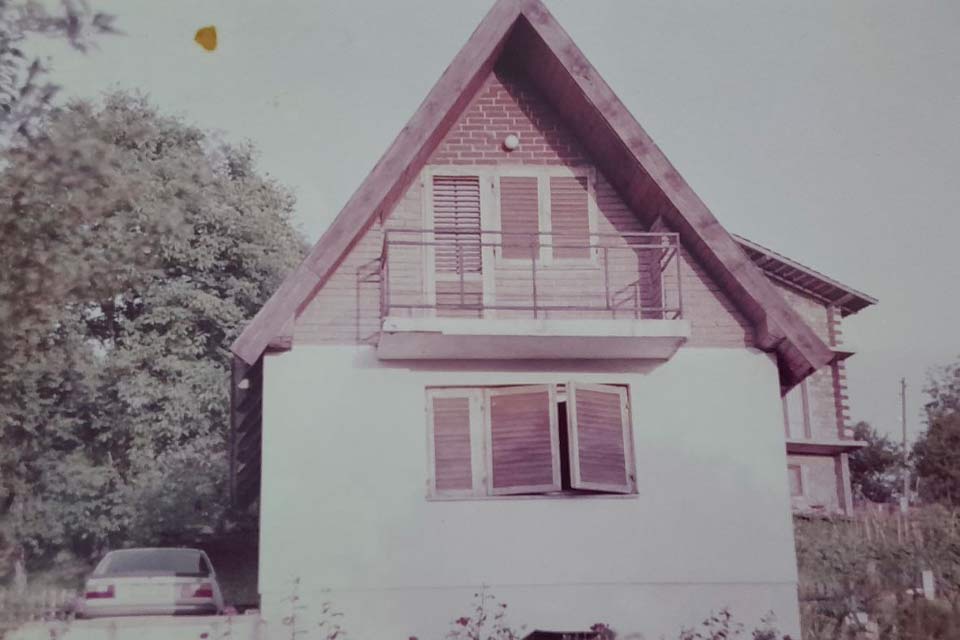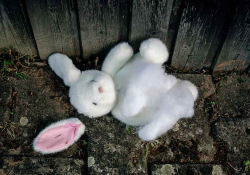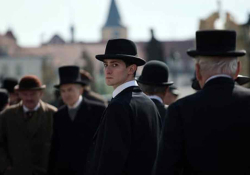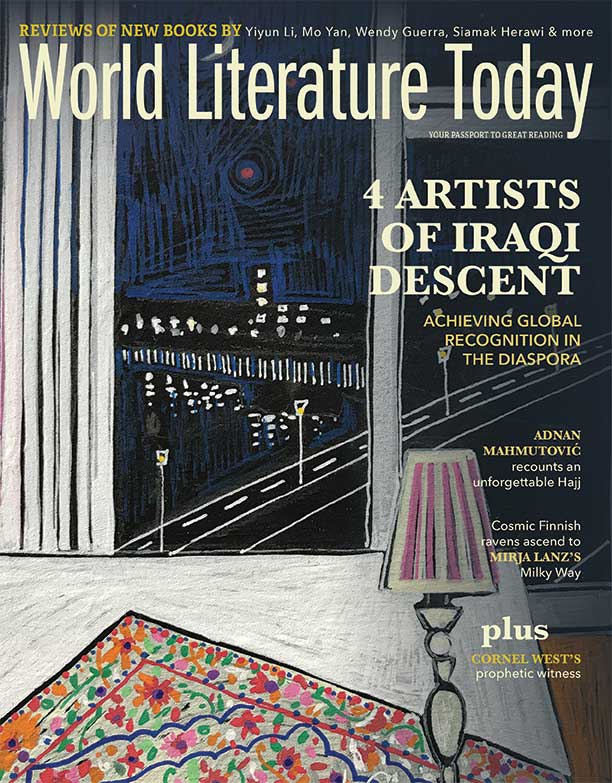Weekend House

A refugee from the Bosnian War, Lana Spendl recalls family weekends in the country outside of Sarajevo: her friend with one cow, her grandmother’s garden, butterflies, and her father’s Bosanski lonac.
Some weekends we escaped our apartment in Sarajevo for our vikendica in the country. The white, red-roofed house stood on a long concrete slab, with one end serving as the driveway. Periodically, we’d fill the partitions of the driveway with fresh tar and my head would swim with pleasure. My dad taught me that in some places on the globe—a globe that expanded with sights and colors and lights the more I learned about it—people would get tarred and feathered in punishment. This was confirmed to me by cartoons, and although I loved lying on my stomach on the stone to smell the dark substance or press my nails into its freshness to create crescents, I imagined that being covered in it would be too much.
To the other side of the house stood a water pump as tall as I was. To fill the watering can, you’d have to pump with all your might and then carry the thing with both hands, body leaning away for balance, to the garden behind the house. There, my grandmother grew potatoes and tomatoes, carrots and green beans and parsley—they grew only when you weren’t looking—and propped peas on sticks so they could reach for the sun. We’d walk the rows and pluck pea pods into bowls and carry them to the driveway, which sat shaded by that hour, and shuck them with our fingers into a pot.
We’d walk the rows and pluck pea pods into bowls and carry them to the driveway, which sat shaded by that hour, and shuck them with our fingers into a pot.
I could only do this for minutes at a time before my eyes wandered the grounds for what to do next. But my grandmother or my parents stayed on task. They’d take the peas and other vegetables into the kitchen and set them to cook in a pressure cooker with beef and lamb. Dough that had been rising for hours under a kitchen towel would slide into the oven. And the warm scents of Bosanski lonac would fill the house, permeating the walls, saturating them through, and drifting into the garden where I played outside. I would walk inside slowly as the sun was coming down.
And then there was my friend, who lived permanently in the village. Sadly, I cannot recall his name, nor do I know what befell his family in the war. They owned the fenced-in plot across the road, with one permanently chewing cow. My dad taught me that cows had multiple stomachs, and I envisioned the creature’s insides to be cartoon sausage links from one end to the other.
My friend, one summer, heard from another kid that when butterflies soaked their wings, they could no longer fly. So, one afternoon, armed with a plan to catch one, we filled glasses at the pump and walked the village’s dirt paths. When a butterfly flapped onto a flower or onto a blackberry bush lining the path, we tossed our overeager water in its direction, and it fluttered this way and that and ascended toward the sky. Our stomachs dropped and we ran again to the pump, increasingly frustrated by what we knew were almost-catches.
Soon after, as I stood with my dad on the tiny balcony of the roof, he caught a butterfly by the wing between his thumb and forefinger. No water, no trap of any kind. He held it before my eyes, and I could not breathe. It was like yellow cotton and incantations and white muslin and gold tiaras. I felt surprised that its legs wiggled like the legs of common bugs. And then my dad released it—it descended, regaining control of its wings, and then rose in flight—and inside me sprang awe and pain and loss and betrayal.
The butterfly was like yellow cotton and incantations and white muslin and gold tiaras.
Later, back in Sarajevo, we visited the life sciences section at the Zemaljski muzej, where butterflies and metallic beetles stood pinned to walls behind glass. Arranged by shape and pattern and size. Labeled with names someone made up. Today their forced stasis leaves me sad, and I cannot even imagine having the energy to examine that many little bodies one by one. But back then, in marvel, I followed the dreamlike patterns on one set of wings and then another and another after that, having to be pried away finally by adult hands, likely when it was time to head home for lunch.
Recipe for My Dad’s Bosanski Lonac
1. Chop 1 large onion and sauté it in a pressure cooker until it softens.
2. Add 2 pounds of chopped meat (1 pound of beef and 1 pound of lamb), 1 teaspoon of paprika, 2 bay leaves, 1 chopped carrot, enough water to cover everything, and Vegeta seasoning or salt to taste. Cover and cook for about 35 minutes.
3. Open pressure cooker and add ½ pound of green beans; 1 small, chopped head of cabbage; 1 chopped bell pepper; and ¼ tablespoon of caraway seeds. Cover and cook for about 20 minutes.
4. In a separate large pot, sauté 1 tablespoon of flour in a few tablespoons of oil until the flour begins to darken. Then add the contents of the pressure cooker into the pot. Add 2 chopped potatoes and 1 cup of frozen peas.
5. When the potatoes seem halfway cooked, add 1 peeled and chopped tomato and half of 1 can of tomato sauce. Cook until the potatoes are done.
6. When done, add 1 clove of chopped garlic, 1 tablespoon of fresh parsley, and black pepper to taste.
Bloomington, Indiana












